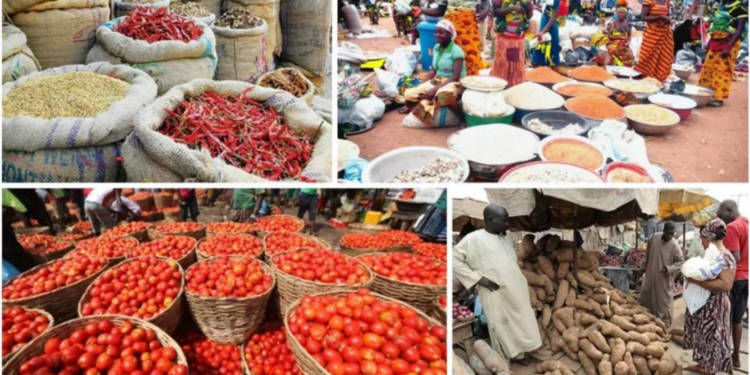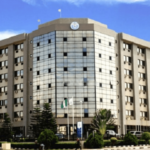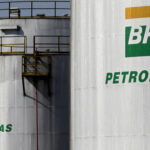The National Bureau of Statistics (NBS) has disclosed that Nigeria’s inflation rate surged to 24.23% in March 2025, up from 23.18% in February, an increase that reflects significant rises in commodity and energy costs over recent weeks.
The Consumer Price Index (CPI) report highlighted that while food inflation decreased to 21.79% year-on-year in March from 23.51% in February, overall inflation continued to increase.
Interestingly, economists had anticipated this rise. They had cited factors such as a petrol price conflict between Dangote Refinery and the Nigerian National Petroleum Company Limited (NNPCL). It was this dispute that led to the temporary suspension of a naira-for-crude agreement, resulting in increased petrol pump prices.
Additionally, the minimal reduction in food prices observed in February was deemed unsustainable, as it was largely attributed to the Federal Government’s importation interventions.
- Advertisement -
The current inflationary pressures are exacerbated by President Bola Tinubu’s economic reforms, including the removal of fuel subsidies and the unification of forex rates. These policies, while aimed at long-term economic stability, have contributed to what many describe as the most severe cost-of-living crisis Nigeria has faced in over six decades.
In response to these challenges, the Central Bank of Nigeria (CBN) has maintained its key interest rate at 27.5%, following six rate hikes in the previous year aimed at curbing inflation.
Despite the gloomy inflation figures, analysts forecast a potential easing in April.
Economic analyst Rotimi Fakayejo noted that while fuel prices rose modestly post-Ramadan, the increase is unlikely to drive further inflation, and food prices may stabilize. Charles Sanni, CEO of Cowry Treasurers Limited, warned that if inflation persists, the CBN may be forced to raise interest rates further. He also pointed out that external pressures, such as naira depreciation and global economic shifts, could exacerbate inflation and debt servicing costs.









